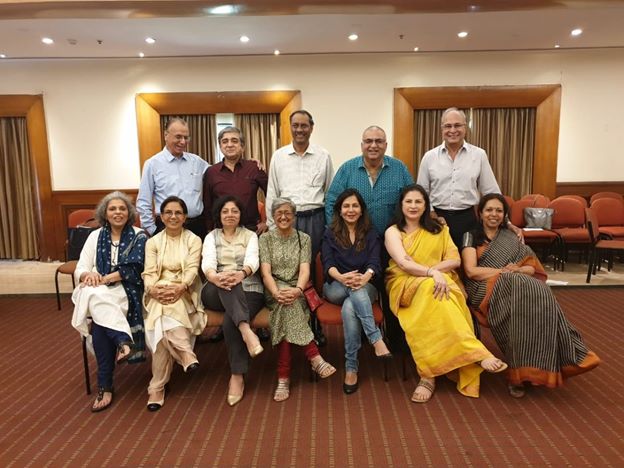ABout Us
who are we?
CHIP was founded in 1997 by a group of doctors, educationists, and industrialists with a common goal of serving society and improving the quality of lives of needy children and their families. One of our major activities, in the past few years, has been the taking up of Eco-system Restoration and Plantation activities. Till date, we have already taken up a plantation of over 27500 trees covering an area of over 17 hectares (the target number of plantations is 50000 in over 30 hectares). The survival percentage is an enviable 95%+. This has mainly been owing to intensive post-plantation care.
~CHIP CHAPTERS~
CHIP Kolkata was founded in 1997 by a group of doctors, educationists and industrialists with a common goal of serving the society and improving the quality of lives of needy children and their families.
CHIP Mumbai was launched on the 5th of February 2004 in partnership with the BMC (Brihanmumbai Municipal Corporation) school system. The chapter was founded by Dr. Sunita Banerji, Ms. Poonam Jaju, Ms. Ruby Bhatiya and Ms. Kunika Sadanand in an effort to work with these schools that cater to some of the most disadvantaged groups in Mumbai.

CHIP Nagpur was started by Mr. Sukesh and Sudha Gandhi in 2013. Since its inception, we have achieved great milestones in afforestation, education, rural welfare, and ecosystem restoration.
CHIP Nagpur remains dedicated to its green strategy of expanding green cover and fostering tribal and urban environmental consciousness. Nagpur recognizes the standards, gaps, and potentials in the ecosystem and among the citizens, and provides them with the appropriate assistance so that they may become autonomous and self-sufficient in order to build a brighter tomorrow.
what we do?
The afforestation program is leading to the creation of an “urban forest” which is now growing denser by the day and is acting as an anthropogenic buffer. More importantly, this urban forest has also led to the reinforcement and strengthening of the wildlife movement corridor between the Bor Tiger Reserve and Umred Karhandla Wildlife Sanctuary.
The area is now a good habitat for a variety of herbivores including spotted deer, blue bull, wild boar, porcupine, etc. Signs of predator species like jackal, jungle cat, hyena, and leopard are seen along with over 100 species of birds and butterflies.
We are also observing that the groundwater table of the area has improved substantially and soil moisture has increased.
During the difficult Covid times, we started ‘NisargaPathshala’– A classroom without walls at our Nisargavedh Project site, for students who have been deprived of formal learning due to technological challenges. At present, there are over 53 students benefitting from the activity.

